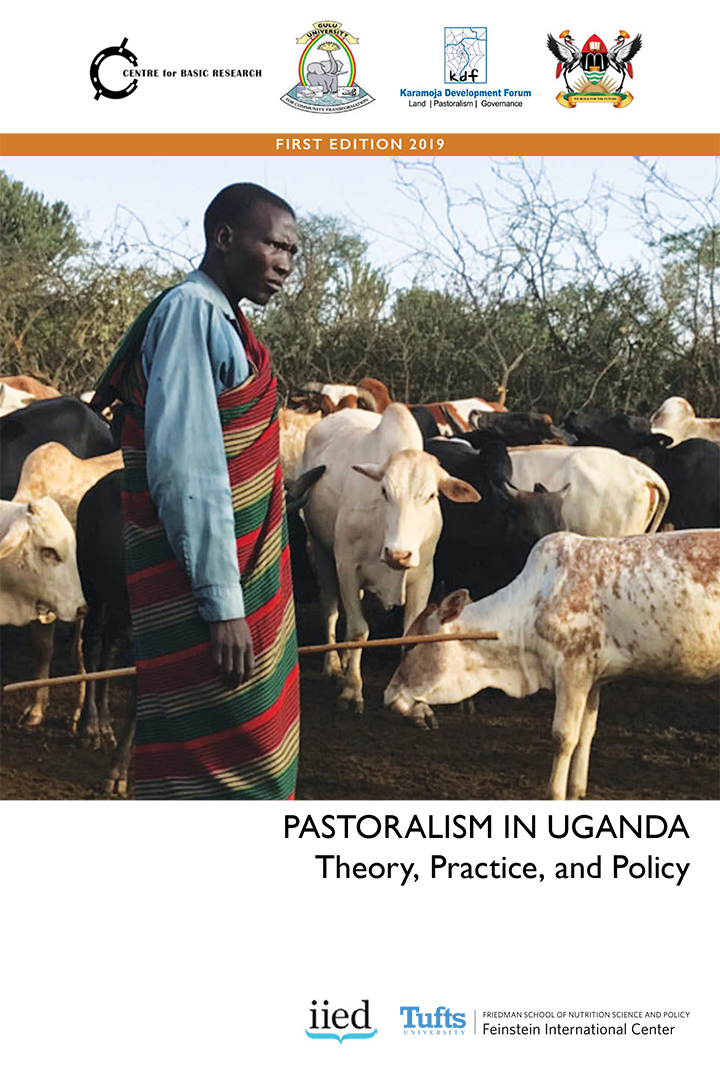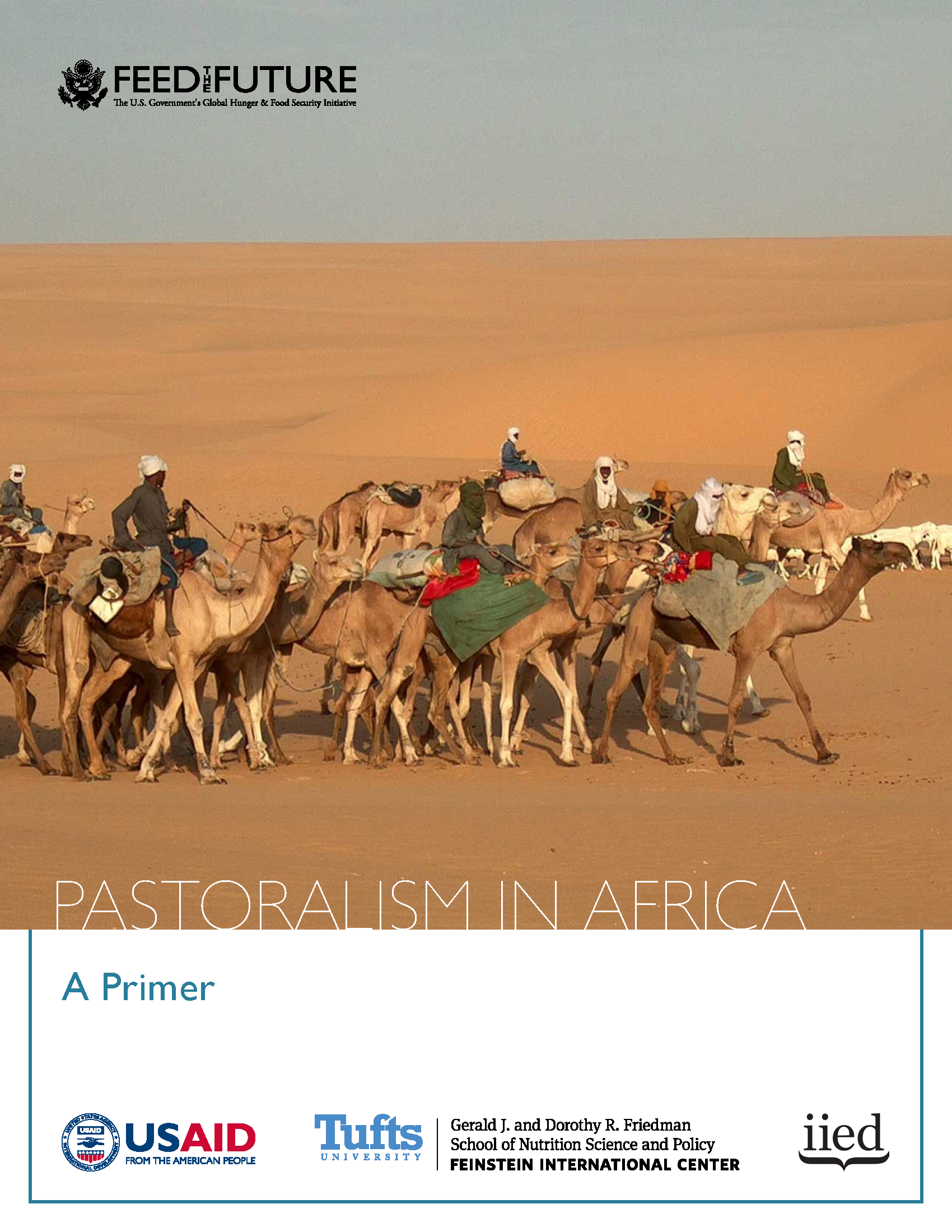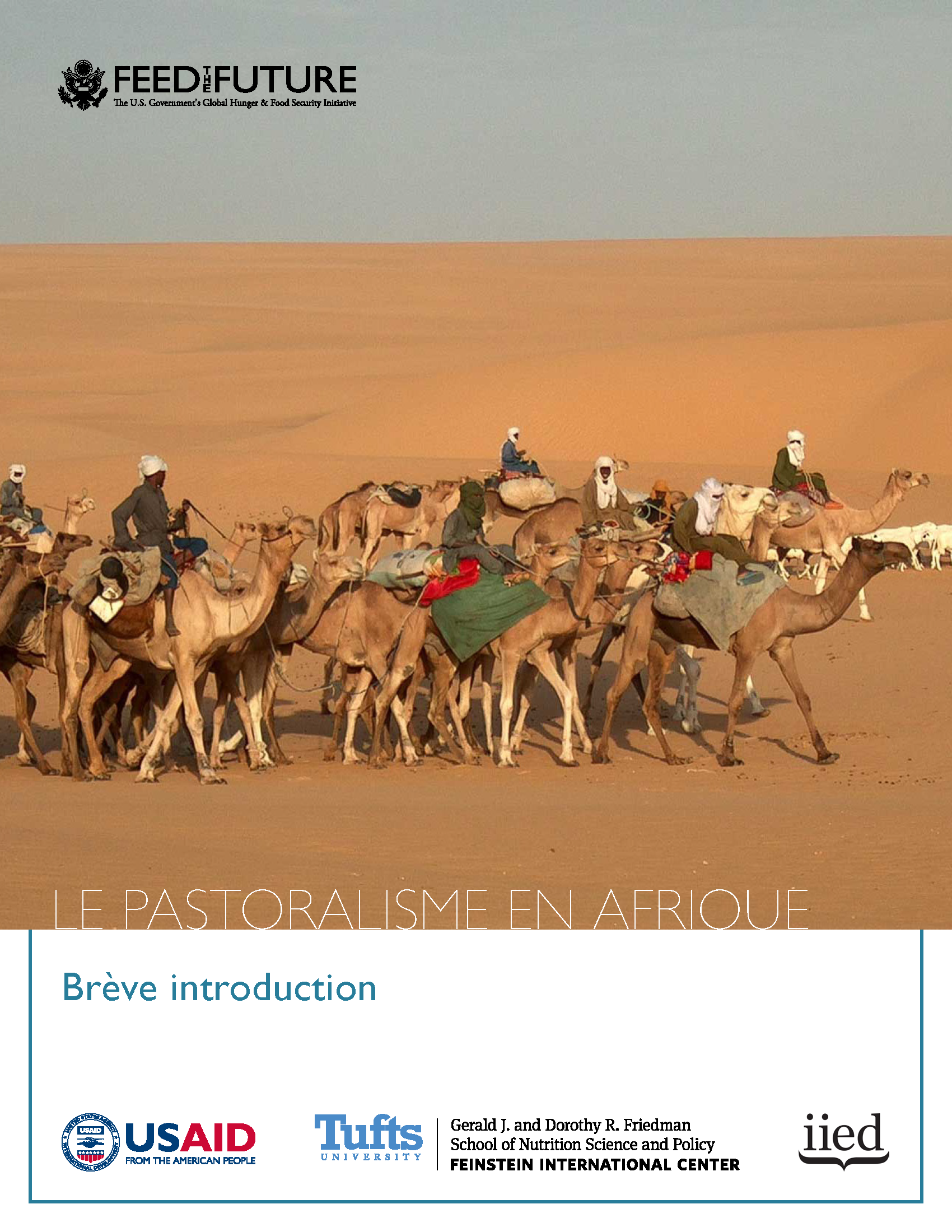This textbook is a general reference on pastoralism theory, practice, and policy. It enables students and other readers from various professional backgrounds to understand how pastoralism functions as a system, its contributions to local, national, regional, and global economies and sustainable environmental management, and its role in promoting peace and harmony between pastoral and other communities.
This textbook interrogates pastoralism as a livelihood system in terms of its origin, rationale, and where it is practiced today. In addition, it investigates how effectively pastoral institutions contribute to the proper and rational utilization of rangeland resources, as well as the socio-economic contribution of pastoralism at the local, national, and international levels.
Using scientific evidence and case study material, the textbook demonstrates the logic of pastoralism in environments characterized by highly variable and unpredictable conditions, including drought. It also shows that pastoralism, far from being outmoded and uneconomic, is highly dynamic and intricately linked into the modern world, contributing significantly to national and international markets in Uganda and beyond.







